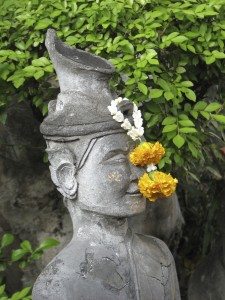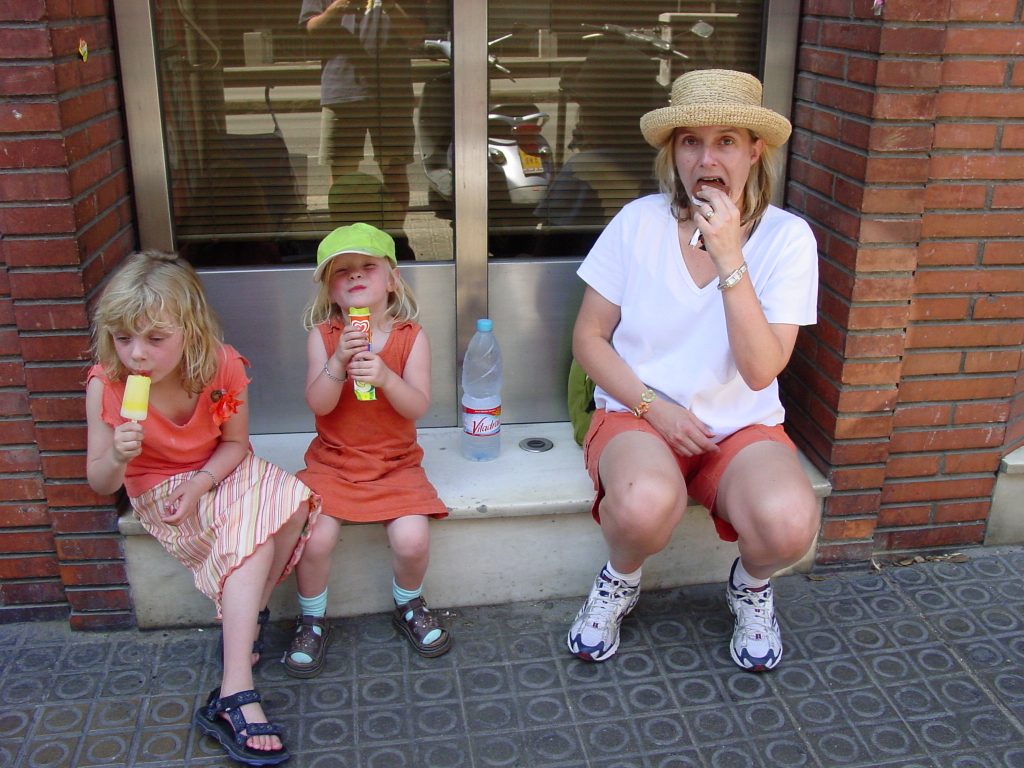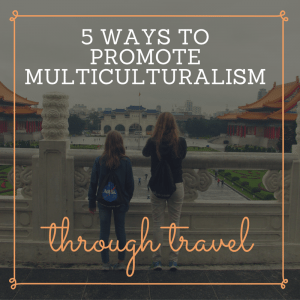 As a part of their on-line summit on Raising Global Citizens, Multicultural Kids Blog invited me to share my thoughts on how traveling with kids can cultivate multiculturalism. Being a true global citizen involves more than simply respecting and knowing about other cultures; it requires skills, experiences, and attitudes that help a person engage with and cherish as wide a variety of cultures as they are lucky enough to encounter. Traveling with your kids can help them gain these skills, experiences, and attitudes.
As a part of their on-line summit on Raising Global Citizens, Multicultural Kids Blog invited me to share my thoughts on how traveling with kids can cultivate multiculturalism. Being a true global citizen involves more than simply respecting and knowing about other cultures; it requires skills, experiences, and attitudes that help a person engage with and cherish as wide a variety of cultures as they are lucky enough to encounter. Traveling with your kids can help them gain these skills, experiences, and attitudes.
Of course, we start with language but traveling is about more than learning another language. It’s about learning that language matters and about giving our children the experience of wandering around in a world where all the sounds are different. They become excited about language and about building connections with those who are different.
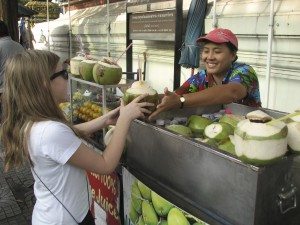
Interacting for a minute, just “please” or “thank you”, in another language is exciting. There’s a spark of connection that even very young children can feel. Without you, the parent, having to nag or even to say anything at all, travel teaches your kids that the 1 (or 2 – if you’re lucky) language you speak at home is not the only language and that BEING CONNECTED to new people is thrilling.
Travel also helps kids develop the habit of OPEN-MINDEDNESS. People often ask how old kids need to be to travel or how old kids have to be before they remember the trip. Remembering the details of a trip is a totally different subject. It’s really not the details that matter. We read with our kids when they are very young, not so that they remember the details but so that they develop a love of learning. So we travel with kids when they are very young not to remember the details of the trip but to develop these attitudes that foster multiculturalism – a thrill of connecting to others who are different, open-mindedness ….

There are many ways to do things in the world and the way we do them at home is not necessarily the right way – it’s just one way. The way you eat breakfast in your own home is not the only way to eat breakfast. Some people eat cereal for breakfast. Other people eat rice for breakfast. Some people don’t pray at all, some stop to pray in the street; some have livelihoods you’ve never even imagined. Architecture, music, and style are open to infinite interpretation. Traveling, kids let go of the idea that “What we do at home”, is the only way. They gain open-mindedness.
Before I go on I want to point out that travel does not need to involve expensive plane tickets and exotic locations. There are often a lot of cultural opportunities close to home. For example, consider visiting something like a logging show. We found one just a 1-hr drive from our home in Seattle. Logging isn’t another culture but it is certainly a part of our Pacific Northwest cultural heritage that many local kids don’t get exposed to in their daily life. By exploring this history kids can develop that same excitement to connect to other people with different experiences and the open-minded enthusiasm for other cultures that’s gained through more distant travel.
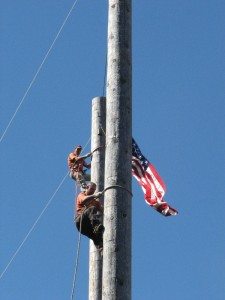
Religion is a third opportunity for building multiculturalism through travel. Again, you don’t have to have an expensive plane ticket to learn about world religions. But, a little preparation really does help. It helps kids if they know in advance about the key beliefs of a religion and also about how they can be RESPECTFUL when visiting religious centers. They’ll have more fun and learn more if they know how to behave and what they are seeing, hearing, and experiencing. Through learning and visiting, kids get a sense that there are lots of sets of beliefs in the world. We wrote a longer post on these ideas at multicultural kids blogs where I invite you to read more on exploring religion through travel.
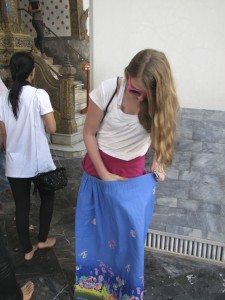
Fourthly, Travel teaches kids about the INTERCONNECTEDNESS of all peoples. Here we are visiting a coffee plantation in Panama and standing on coffee beans (literally) that are going to end up in a cup of coffee somewhere far away. We’re learning about the local people who work so hard to hand-pick the beans and about the ecology of the coffee plants. With this experience kids understand that when they buy a cup of coffee in Seattle, it has an impact on a person, a business, an ecosystem far far away. Even cultures in a remote mountainous region of Panama are intimately connected to our life back at home.
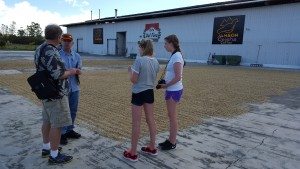
The same could be said of a cup of tea – here we are sampling tea at a display plantation in Taiwan that we stumbled onto simply because we wanted to take a cool gondola ride.
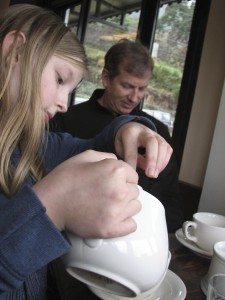
The tea or coffee we choose makes a difference. The same could be said about a shirt made in a factory in China or any other item your kids buy or consume – someone somewhere made it. How you spend your money matters.
I’m not suggesting we need to teach kids about the details of global markets but simply that our home culture is connected – deeply – to other cultures around the world.
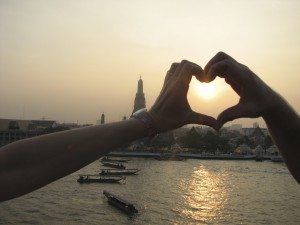
The last subject I want to cover is coming home. A big part of traveling is coming home and seeing yourself in a new light, Understanding how people in other parts of the world might view what you do at home as unusual or strange, and how you are an ambassador of your own culture whenever you travel. When you come home, you can think about what parts of your own culture you want to curate, promote, and protect. And, what has your home culture exported to the rest of the world? An important attribute of a global citizen or multicultural person is this SELF AWARENESS, this ability to see ourselves as others see us is also developed through travel.
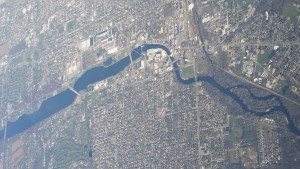
Our kids won’t be passive tourists in the world to come. We can think carefully about the opportunities we have to develop multiculturalism in our kids.
Traveling purposefully with them, around the world or around the block, can foster the attitudes, skills, and experiences that are part of truly embracing multiculturalism – a thrill of connecting to others who are different, open-mindedness, respect for different beliefs, an understanding of the interconnectedness of all peoples, and self-awareness.
